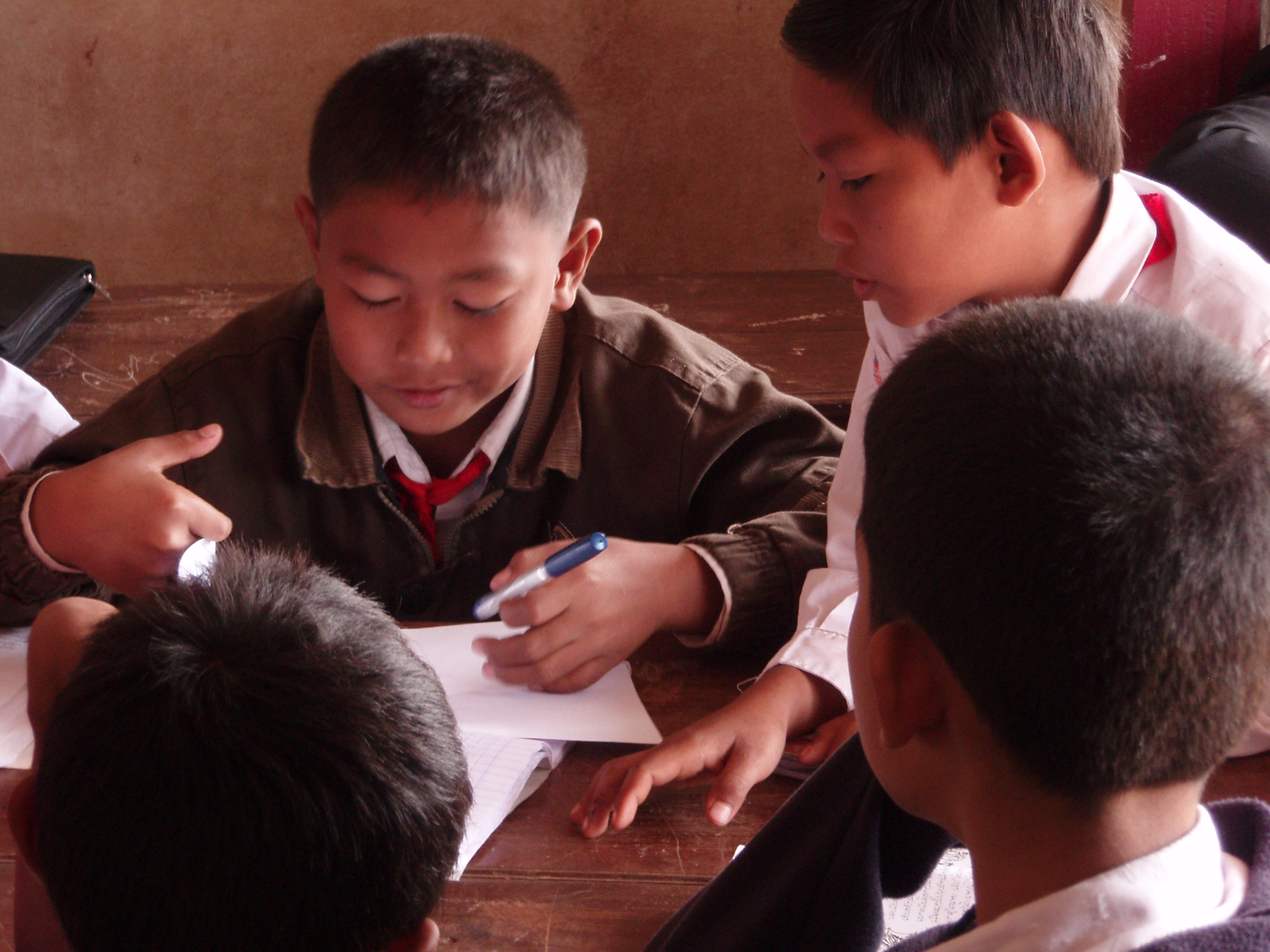Parenting ADHD adolescents
- Understanding ADHD
- Managing ADHD Behavior
- Lifestyle and ADHD: Solutions and Strategies
- Building a Positive Environment Around Your ADHD Child
Lifestyle and ADHD: Solutions and Strategies
Nipping Substance Abuse in the Bud: A Guide for Parents of Adolescents with ADHD

Neurodevelopmental disorder.
Adolescents with Attention Deficit Hyperactivity Disorder (ADHD) are at a higher risk of substance abuse. This risk is due to a variety of factors, including impulsivity, peer pressure, self-medication, and the desire for acceptance. As a parent, it's crucial to understand these risks and take proactive steps to prevent substance abuse.
Understanding the Risk
ADHD is characterized by impulsivity, difficulty with focus, and often, a sense of restlessness. These traits can make adolescents with ADHD more susceptible to substance abuse. They may turn to substances as a way to self-medicate, to fit in with peers, or to cope with feelings of frustration or inadequacy related to their ADHD symptoms.
Recognizing Early Signs of Substance Use
Early detection of substance use can make a significant difference in the outcome for your child. Signs of substance use can vary widely, but some common indicators include:
- Changes in behavior, such as increased secrecy, withdrawal from family activities, or sudden changes in friendships
- Physical signs, such as bloodshot eyes, unexplained weight loss or gain, or a change in sleep patterns
- Academic issues, such as a drop in grades, loss of interest in school, or disciplinary problems
Strategies for Prevention and Intervention
Prevention is always the best strategy when it comes to substance abuse. Here are some strategies that can help:
- Education: Teach your child about the risks and consequences of substance use. Make sure they understand that using substances is not a safe or effective way to manage their ADHD symptoms.
- Open Communication: Maintain an open line of communication with your child. Let them know they can talk to you about anything, without fear of judgment or punishment.
- Healthy Coping Mechanisms: Help your child develop healthy ways to cope with stress, frustration, and other difficult emotions. This could include exercise, meditation, art, or other hobbies.
- Professional Help: If you suspect your child is using substances, seek professional help immediately. This could include a counselor, psychiatrist, or a substance abuse treatment program.
Remember, every child is unique, and what works for one may not work for another. The key is to stay involved, stay informed, and stay supportive. With the right approach, you can help your child navigate the challenges of ADHD and substance use, and guide them towards a healthy, successful future.